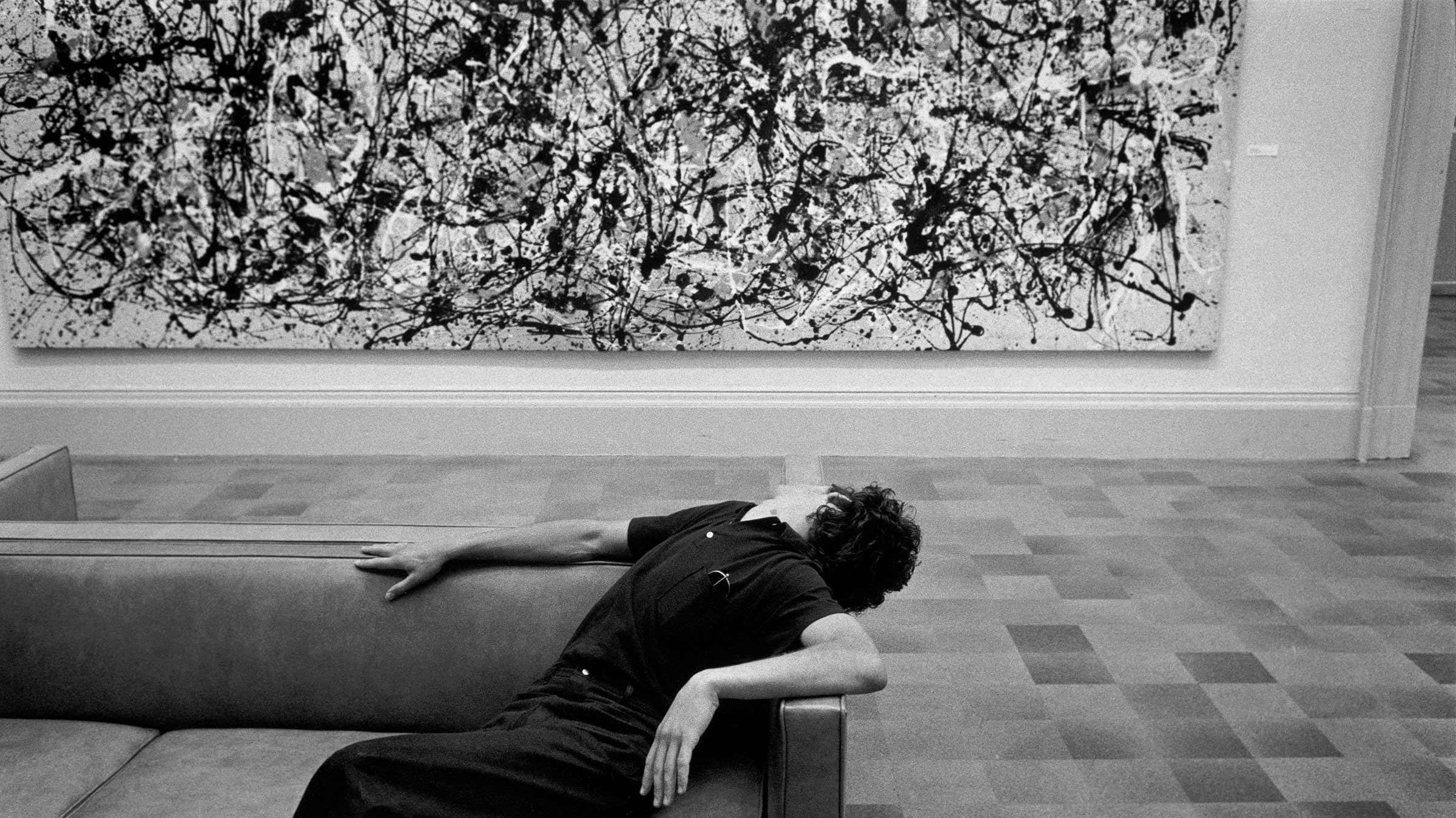Every day Document has an agenda: news from the under read corners of the world, and the web, that might not end up crossing your path. Discoveries, curiosities, essential cultural dispatches—with this information, go forth.
——
The World
Will Bangalore be the next world city to run out of water?
In recent years, the site of India’s silicon valley has experienced a population explosion, doubling in the past decade, alone. The enormous influx has put a strain on the city’s resource, namely, its water supply. Residents on the city’s outer limits already rely on water tankers for their supply, but now the inner city is running out adequate reserves. The BBC’s Imran Qureshi delves into the issue to see if Bangalore is following in the footsteps of Cape Town to become the next major city to run dry.
“The water board has run massive campaigns promoting rainwater harvesting in an effort to help replenish groundwater supplies. But this has got a disappointing response. It is mandatory for people to construct rainwater harvesting facilities at their homes, but this is often ignored. The board, in fact, collects a sum of more than 20m rupees (about $300,000; £222,000) in fines every month from people who have not complied.‘Bangalore’s annual rainfall alone could give the city 2,740 million liters of water a day,’ Vishwanath Srikantaiah, a water expert, told the BBC.”
The Mind
Is culture responsible for the human brain’s evolution?
The ability to pass culture from one person to another, or cultural transmission, is likely vital to how we perceive and process information. Kevin Neville Laland, professor of animal behavior at St. Andrews University in Scotland has published a new book, Darwin’s Unfinished Symphony that examines cultural transmission among animals. The researcher recently joined The Guardian’s science podcast to discuss the age-old questions of nature and culture tell a story of the great tit, a bird famous for stealing food from humans in urban areas.
“In 1921, residents of the small town of Swaythling in southern England were shocked to find the milk bottles on their doorsteps had been vandalized, with the foil caps pierced and the valuable cream gone. Fingers were pointed at possible culprits, but as the cream theft swept across the country—and eventually Europe—it was discovered that birds were, in fact, the thieves. Fast-forward to 2014 and researchers found that different populations of great tits showed different variations of this kind of feeding behavior, leaving scientists to conclude that these birds were able to transmit cultural behaviors.”
The Future
This AI could be the future of healthcare in New Zealand.
An artificial intelligence bot called Zach is shaking up the world of healthcare in New Zealand. The piece of tech is being used to write prescriptions, create patient notes and interpreting ECG results. In this piece for The Spin Off, David Farrier goes in search of the technology’s creator and uncovers a story of the Terrible Ideas company, a child genius who went from creating radio towers to building AI and the possibility that the bot is nothing more than a human at the other end of an email.
“And the field of application, after all, isn’t just anything—it’s health. Surely, the bar for authentication is higher when health professionals are interacting with a system so mysterious they don’t even know where in the world it is located, and asking that mysterious system not just to write up patient notes, but interpret those notes.”
Objects
The Louvre will present the first major exhibition of western art in Tehran.
The power of art to bring divided cultures together has been long documented, and now a collection itself will play an important role in defrosting relations between Iran and the West as more than 50 artworks from the Louvre museum in Paris will be in the first major show by a Western museum in Iran’s history. The president of the Louvre spoke with the AFP about the cultural linkages between the two nations.
“Relations between France and Iran are old and profound because France was a pioneer of archaeological exploration here. This completely unprecedented exhibition…allows us to make the link between this glorious moment and relations that date back to the 19th century.”
Images
Digital artists “hack” the Jackson Pollock at the Museum of Modern Art.
Yesterday, a collective of eight internet artists took over the MoMA’s Jackson Pollock room in New York City, turning abstract expressionist’s creations into an augmented reality experience without without the museum’s knowledge. Vice’s tech outlet Motherboard has the scoop on how the anarchic collective dreamed up an app that allows users to experience a whole new reality of art.
“‘If we are to understand that art is the great measure of culture we must also acknowledge it is owned, valued and defined by ‘the elite,’ the group wrote on its website. ‘We must also recognize that the term ‘open to the public’ is not an invitation but a declaration of values. Values that are not our own.'”
Sound
The world’s first AI punk record has been released.
Bot Prownies’s new ten-track album may sound like another punk demo tape circa 1982, but the band is actually the creation of Dadabots, a two-person research term who use neural networks to create music. The Outline tells the story of how the duo created a software framework that studied raw audio from the 1994 album ”Punk in Drublic,” by NOFX, then breaking it down into mathematical patterns to generate a pure punk album by numbers.
“The caveat, as with many artistic projects created with the aid of artificial intelligence, is that there was a good deal of human curation. The Dadabots algorithm generated 900 minutes of audio, from which Carr and Zukowski selected the best bits—so the effort is more of a collaboration between humans and machines than a pure product of AI.”



















